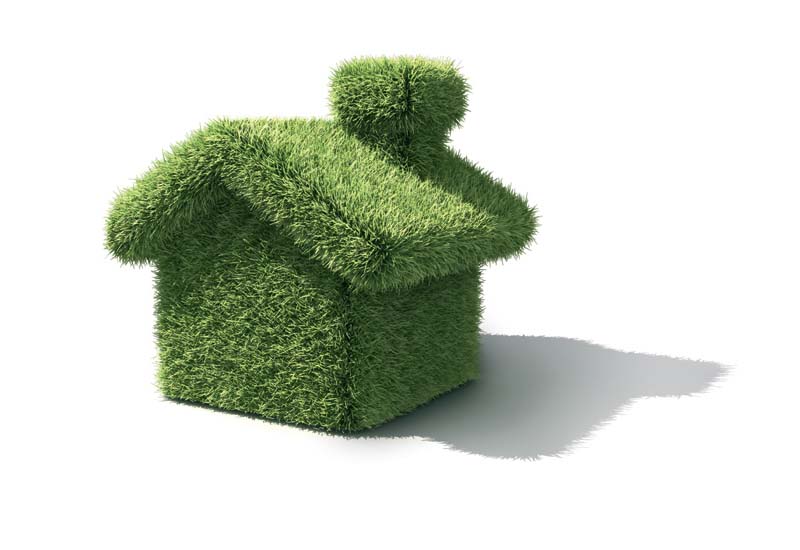TRI Hospitality Consulting associate director Emma Davey considers the increasing need for hotel developments to balance green credentials with economic sense - and the subsequent impact.
With the rapid real estate development taking place in Dubai, once quiet stretches of desert are being transformed into major highways, heavy with traffic, readying to entice the masses with internationally acclaimed theme parks and dizzying new attractions.
The coastline too is unrecognisable from 10 years ago as multiple projects have been developed offshore creating ever increasing opportunities for water front development.
From a global perspective, there has been an increasing emphasis on providing tourism and hospitality products to the ethical traveller - the tourist with a conscience.
The growing interest is not only about providing for the traveller but in protecting the environment, cultural identities and traditions. With the tourist industry growing each year the worldwide international arrivals are forecast to reach 1.56 billion in 2020, from only 25 million in 1950.
Projects that work with and protect the natural environment, promoting awareness through education and sustaining the local community, are attracting the attention of travellers and are being recognised through awards.

| Advertisement |
In fact, awards are probably the only means to really show achievement in a move towards eco-tourism as its definition can vary widely and the principles are difficult to measure.
Dubai is no stranger to accolades of the environmental variety, with Al Maha Desert Resort and Spa recently named as one of the world's best eco-tourism models by National Geographic and in 2004 received The World Legacy Award from National Geographic and Conservation International.
Al Maha Resort is the largest conservation-based organisation in the UAE, based on land area under conservation, diversity of indigenous species, and protection of endangered wildlife. The exclusive resort is set within the 225km2 Dubai Desert Conservation Reserve, home to more than 33 mammal and reptile species indigenous to the Arabian Peninsula.
The success of Al Maha has resulted from the careful staging of luxury, freedom, and adventure within a protected environment. The business generates revenues that contribute to the costs of the habitat and wildlife conservation.
However, Dubai is not alone in pushing forward with environmental tourism. Desert Islands is Abu Dhabi's holistic approach to eco-tourism with six nature reserves across eight islands.
Sir Bani Yas is an 87km2 island with a 3500-hectare bird sanctuary, wildlife and archaeological reserve; envisioned to become a tourism and holiday home destination where visitors are fully immersed in the natural surroundings. Sustainability is the key driver supported by research and educational facilities and continuous restoration of the habitat.
As part of the Abu Dhabi Government's MASDAR Initiative, Sir Bani Yas Island will host a pilot project for a renewable energy farm that produces enough power to supply the island's energy needs.
The island will offer resorts, hotels and campsites with an island community hub including shops, restaurants and housing areas.
Tucked away in the Musandam in Oman, the exclusive Six Senses Hideaway resort was designed to blend with its natural surroundings and is heavily influenced by traditional Omani architecture.
Based the resort's potential environmental and social impact, the operator is committed to a number of sustainability principles (Six Senses' Holistic Environmental Management Programme), ranging from contributing 0.5% of monthly total revenue to support social and environmental projects, to reducing fresh water consumption by implementing water-saving equipment.









 Search our database of more than 2,700 industry companies
Search our database of more than 2,700 industry companies









